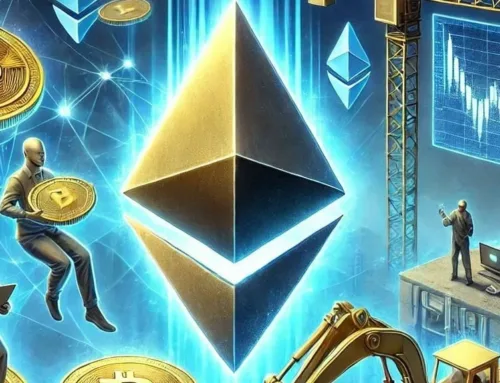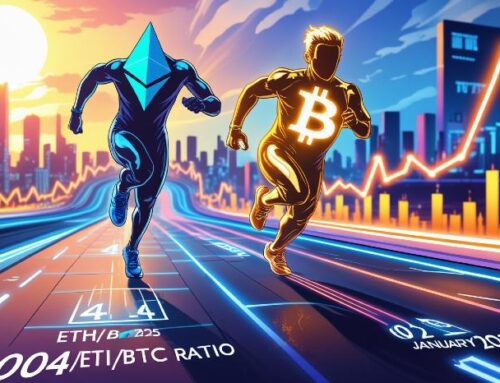Solar industry picks good, bad of upcoming legislation
December 25, 2024
THE SOLAR REPORT
S
We are saying goodbye to a very busy, yet successful 2024, and are just as energized by the opportunities and challenges that lie ahead in 2025. There is plenty to tackle.
Although in many ways, last year marked some significant milestones for solar energy in Texas, with record-setting demand and installations ( although mostly utility-scale), we recognize that maintaining this momentum is critical.
There are forces in the Texas Legislature that would like to make it harder for solar to thrive, threatening grid reliability and increasing costs both for large- and small-scale solar.
With the 89th legislative session beginning Jan. 14, TXSES’s focus in 2025 will be on educating legislators, and tracking, supporting or opposing solar-related bills already filed this session.
To this end, we will continue working with legislators, other organizations, and stakeholders, as well as our business members, who have been diligently collaborating on TXSES steering committees created this year for this purpose.
Bills Being Tracked HB407, in support:
Relating to solar compatibility for residential construction and making it a criminal offense to make fraudulent representations when making a solar sale. Also relates to municipal and county requirements for solar energy and device compatibility for certain residential construction. Submitted by Rep. Christina Morales.
HB419, in opposition: Relating to the determination of the market value of solar energy property for ad valorem tax purposes (adding ad valorum taxes to homeowners for their solar installations.) Submitted by Rep. Terry Meza.
HB431, in support: Relating to the regulation by a property owners’ association of the installation of solar roof tiles. (HOAs allow for solar homeowners to use solar shingles on their roofs instead of traditional panels. Submitted by Rep. Philip Cortez.
HB553: Relating to the permitting of renewable energy generation facilities by the Public Utility Commission of Texas; authorizing fees. As written currently, the bill will require anyone who wants to go solar, or already has solar, to get a permit and to notify surrounding neighbors up to 25 miles away, in the event they want to take issue. Submitted by Rep. Jared Patterson. We are working to make sure that smallscale solar is not included in this bill.
SB1212, in support: Relating to the interconnection and integration of distributed energy resources and Aggregated Distributed Energy Resources ( ADER), which concerns small scale storage. By Sens. Nathan Johnson and Sarah Eckhardt.
Senator Zaffirini: Consumer Protection; support this effort. Sen. Zaffirini is developing legislative language that we are helping with related to solar consumer protection and financing of solar installations. This bill is of most significance, as it will affect the relationships between solar salesman, installations and consumer protection.
Sen. Zaffirini’s office says that this will be the most important piece of legislation for her in this next session. I have been working with installers, AARP, the Texas Department of Licensing and Regulations and the Texas Solar Storage Association ( formally Texas Solar Power Association) on the language.
Senator Zaffirini: Solar Financing; support this effort. The senator’s other piece of distributed solar legislation is focusing on the financing aspect of purchasing solar through lenders. This bill was a piece of legislation she introduced in the last session that received push-back from lenders. It also protects consumers who must begin paying on their loans before their installations start performing. We are working closely with the Senator’s office to be sure that consumers get the protection they need, but at the same time does not cause harm to the ethical body of installers in the state. Most installers fall into the latter category.
PUC Rule: In addition to efforts at the Legislature, TXSES is also working with the Public Utility Commission of Texas (PUC) to get a new utility interconnection rule created for distributed solar that will streamline the process and make it easier on the homeowner to get their solar turned on and begin receiving savings on electricity usage.
This streamlined process not only helps the customer have access to their energy savings but will also eliminate some installer soft costs that can then be passed down to the consumer.
By Patrice “Pete” Parsons, TXSES Executive Director

Search
RECENT PRESS RELEASES
Related Post



